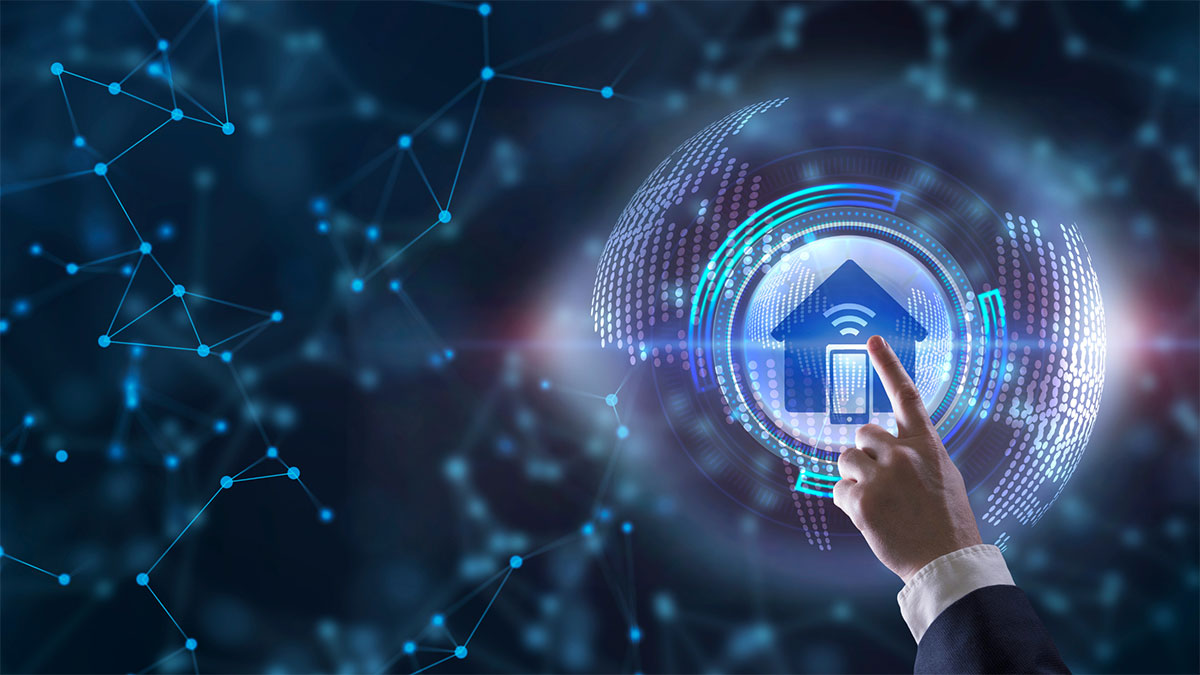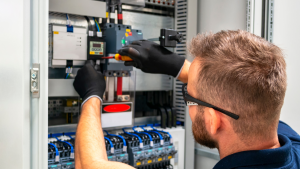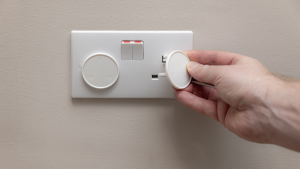The Advantages of Smart Home Automation
As technology continues to advance at a rapid pace, our homes are becoming smarter and more connected than ever before. From intelligent lighting systems to voice-controlled virtual assistants, automation is revolutionising the way we interact with our living spaces. In this article, we will explore the benefits and potential of automating your home, creating a more convenient, efficient, and comfortable environment for you and your family.
Smart home automation offers a multitude of advantages that enhance both the functionality and lifestyle within your home. Here are some key benefits of embracing this cutting-edge technology:
Increased Convenience: With smart home automation, you can control various aspects of your home through a centralised system or mobile app. Whether it’s adjusting the temperature, turning on/off lights, or even starting your coffee machine, automation allows for effortless control and management of your living space.
Enhanced Energy Efficiency: Smart home devices are designed to optimise energy consumption. From intelligent thermostats that learn your preferences and adjust accordingly to energy-efficient lighting systems that automatically turn off when not in use, automation helps reduce energy waste and lowers utility bills.
Improved Security: Smart home security systems provide advanced features such as remote monitoring, motion sensors, and real-time alerts. You can have peace of mind knowing that you can keep an eye on your home from anywhere, deterring potential intruders and ensuring the safety of your property.
Seamless Integration: Smart home devices are designed to work together seamlessly, creating a connected ecosystem within your home. You can sync your lighting, heating, entertainment systems, and more, allowing for synchronised actions and personalised settings that suit your preferences.
The Future of Smart Home Technology
The future of smart home technology holds even more exciting possibilities. As advancements in artificial intelligence, Internet of Things (IoT), and voice recognition continue, the integration and capabilities of smart devices will expand further. Here are some trends we can expect to see:
Voice-Activated Everything: Voice-controlled assistants like Amazon Alexa and Google Assistant have already become common in many households. In the future, voice commands will extend beyond basic tasks and integrate with a wider range of devices, allowing for more natural and intuitive control of our homes.
Enhanced Energy Management: As the focus on sustainability grows, smart home technology will play a crucial role in optimising energy consumption. We can anticipate smarter energy monitoring systems, advanced algorithms to analyse usage patterns, and integration with renewable energy sources to create more eco-friendly and efficient homes.
Personalised Experiences: Smart homes will become even more attuned to our individual needs and preferences. Through advanced machine learning algorithms, our homes will learn our habits, anticipate our requirements, and proactively adjust settings to create personalised and comfortable living environments.
The challenges around automating your home
While automating your home offers a multitude of benefits, there are also challenges that come with automating your home. Firstly, interoperability and compatibility can be significant hurdles. As the market is flooded with a wide range of smart devices and platforms, ensuring seamless communication and integration among them can be complex. Different devices may operate on different protocols or require specific hubs or apps, leading to compatibility issues and the need for additional setup and configuration. This can be particularly challenging when attempting to connect devices from different manufacturers or when upgrading existing systems.
Privacy and security concerns pose another challenge. With increased connectivity and data sharing, there is a risk of unauthorised access to personal information or breaches of privacy. Smart devices that are not properly secured can be vulnerable to hacking, potentially compromising sensitive data or allowing unauthorized control of your home systems. It is essential to ensure that proper security measures are in place, such as strong passwords, regular firmware updates, and secure network configurations, to protect your home automation system from potential threats.
Overcoming these challenges requires careful planning, research, and investment in compatible and secure devices. It is crucial to choose reputable manufacturers, ensure proper security measures, and select devices that work seamlessly together. Additionally, staying informed about the latest advancements, standards, and best practices in home automation can help mitigate challenges and ensure a smooth and secure automated home experience.
This may also interest you:
Tips for Garden Lighting That Will Transform Your Outdoor Space
Understanding the Importance of Carbon Monoxide Alarms in the Home
The Benefits of Switching Your Office to LED Lights
Experience the Future with BES Electrical
In conclusion, smart home automation represents the future of modern living, offering unparallelled convenience, energy efficiency, security, and integration. If you’re ready to embrace this exciting technology, BES Electrical can help. With their experienced team of electricians, they specialise in smart home installations and can guide you in transforming your home into a connected oasis. Contact BES Electrical today to explore the possibilities of automating your home and enjoy the benefits of a smarter, more efficient living space.




